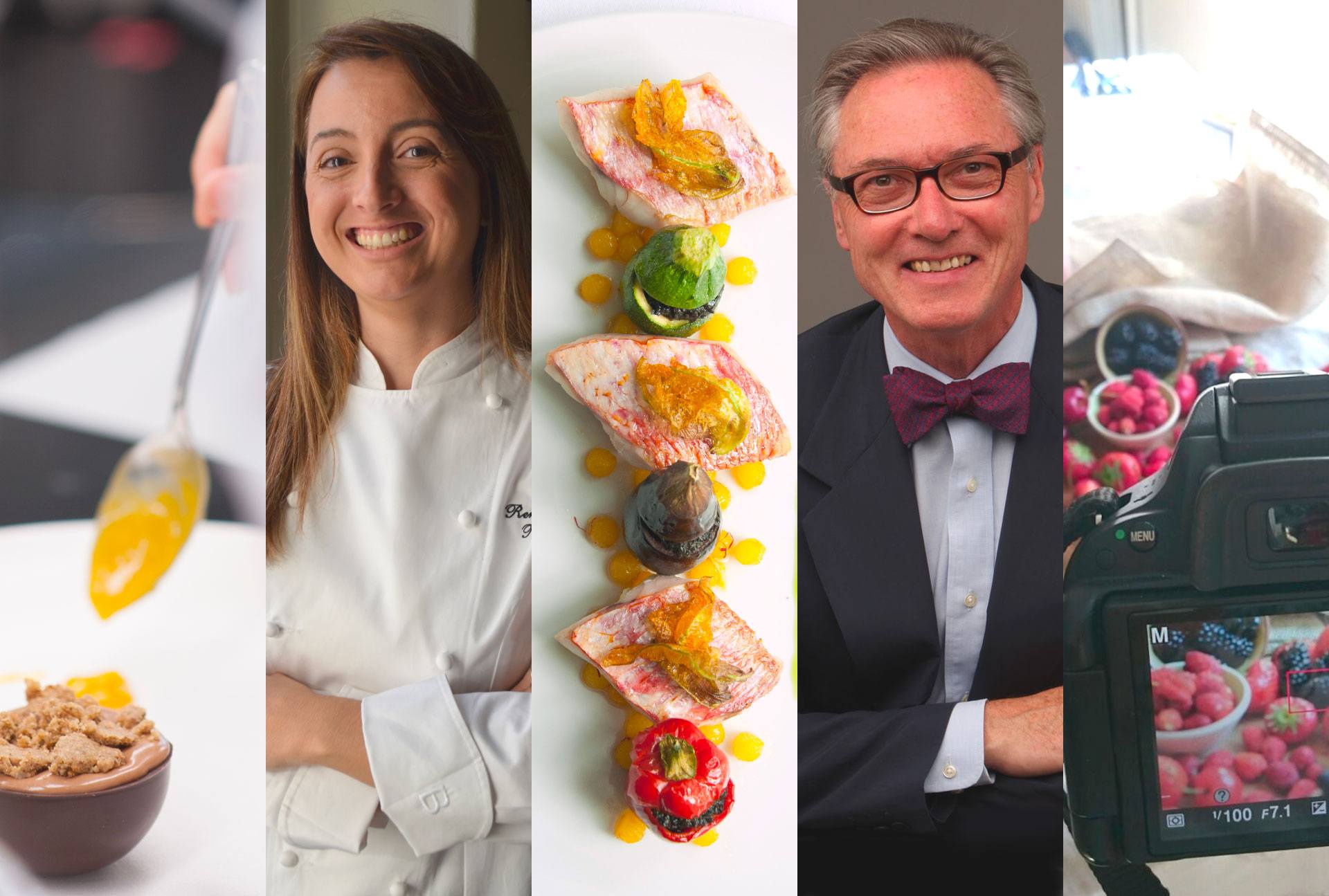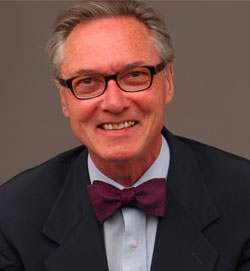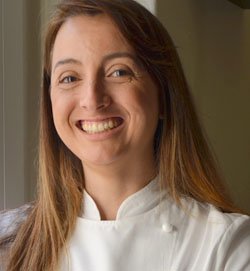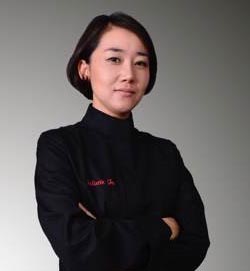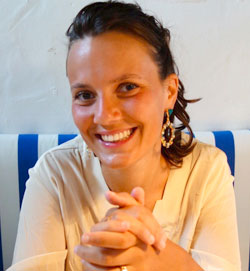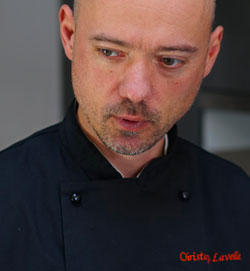So what exactly is a Beerologist?
Beerology is the study of beer from an historical, technical and gustatory point of view.
What does a beerologist do? Your answer would no doubt be “He tastes beers” which would of course be correct, but that’s not all! He knows all about the different stages of beer-making, the history of beer, its specific properties and its geographical origin. That’s why a beerologist does not spend all his time tasting beers but also participates in training programmes, gives conferences on beer, etc. He works just as much with planters as he does with brewers and even restaurant owners.
Like any sommelier, a beerologist must be able to suggest good beer and food pairings and to advise the professionals in the catering industry. He also guides consumers in their choice of beer according to their own tastes.
There is as yet no official scientific training available to become a beerologist. Each career path is unique, each person has their own experiences.
Molecular cuisine: when science enhances culinary art
Molecular cuisine or, in other words, how culinary art and science come together to break new ground. When chemists show an interest in cuisine, there can be some astonishing mixtures. Raspberry beads, liquid nitrogen ice cream… surprising results for your palate!
Molecular cuisine was invented in 1988 by two scientists, Nicholas Kurti, a physicist from Oxford and Hervé This, a French physical chemist. They were determined to push the application of science forward to culinary arts and to understand the culinary processes behind different foodstuffs. Culinary gastronomy is the name given to the scientific field which gave birth to molecular cuisine, designating a new form of cuisine.
Molecular cuisine has helped with the development of new techniques, methods and ingredients in cuisine. Terms such as spherification, gelation and emulsification have all been highlighted, and even the use of liquid nitrogen as an ingredient. All this with the same aim in mind – creating astounding dishes.
Read more about the unusual professions in Culinary Arts through 5 interviews:

